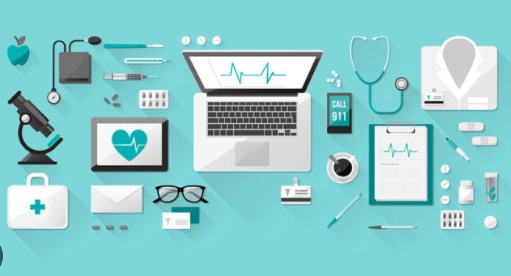The healthcare industry is undergoing a major transformation thanks to advancements in technology. From telemedicine to wearable devices, technology is revolutionizing patient care in ways never seen before.
Telemedicine: Connecting patients and providers
Telemedicine allows patients to receive medical care remotely, through video calls or other digital platforms. This technology is especially useful for patients in rural areas or those who have difficulty accessing traditional healthcare services. It allows for more convenient and cost-effective ways to receive medical care.
Wearable devices: Monitoring health in real time
Wearable devices like smartwatches and fitness trackers are becoming increasingly popular for tracking health metrics such as heart rate, steps taken, and sleep patterns. These devices can provide valuable data to healthcare providers, allowing them to monitor patients’ health in real time and intervene before a problem escalates.
Artificial intelligence: Improving diagnosis and treatment
Artificial intelligence algorithms are being used to analyze vast amounts of healthcare data and improve diagnosis and treatment outcomes. These algorithms can help identify patterns and trends in patient data that human healthcare providers may not be able to detect, leading to more accurate diagnoses and personalized treatment plans.
Data analytics: Enhancing patient care
Healthcare providers are using data analytics to improve patient care by identifying areas for improvement in their practices and predicting patients’ future health outcomes. By analyzing data from electronic health records, wearables, and other sources, providers can better understand their patients’ health needs and deliver more proactive and personalized care.
Virtual reality: Enhancing patient experience
Virtual reality technology is being used to enhance the patient experience by providing immersive experiences that can help reduce pain, anxiety, and stress. From virtual reality therapies for chronic pain management to immersive distractions during medical procedures, this technology is revolutionizing how patients experience healthcare.
In conclusion, technology is playing a crucial role in revolutionizing patient care in the healthcare industry. From telemedicine and wearable devices to artificial intelligence and virtual reality, these advancements are improving diagnosis, treatment, and overall patient experience. The future of healthcare looks brighter than ever thanks to these innovative technologies.

